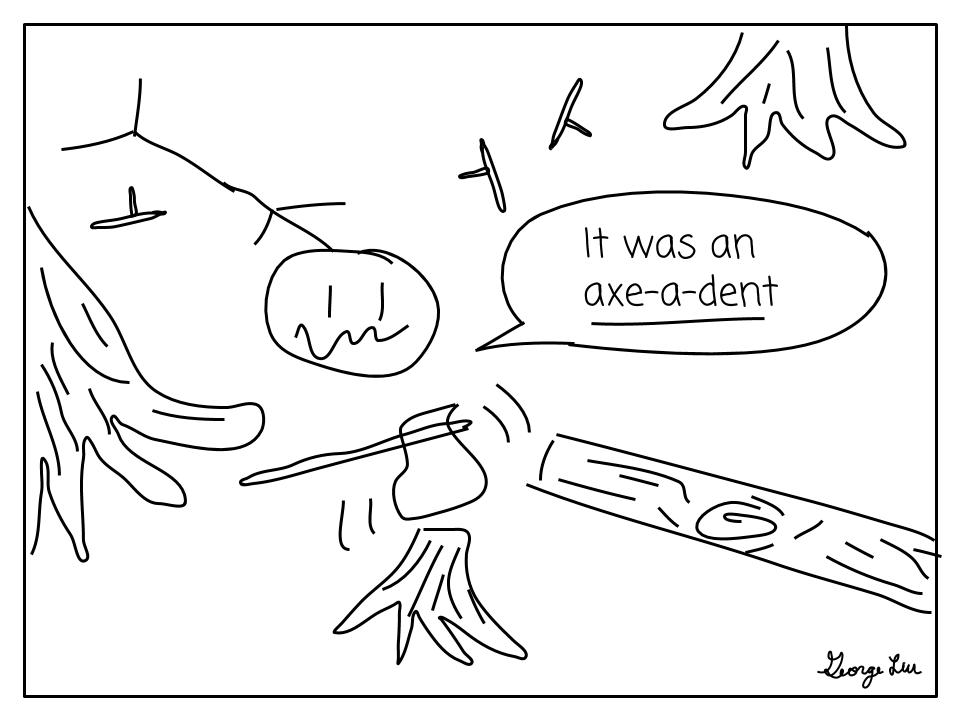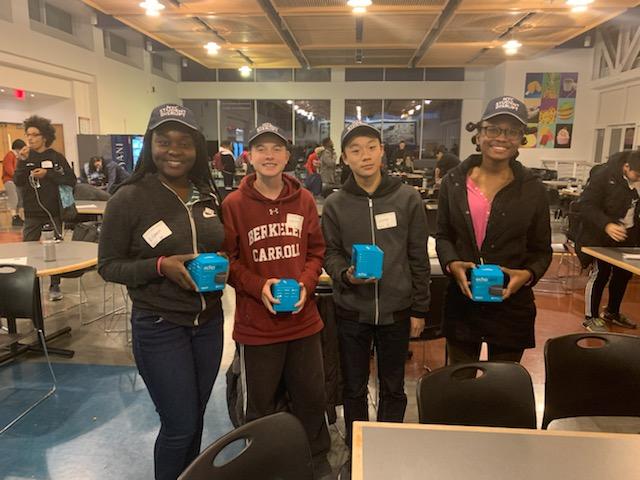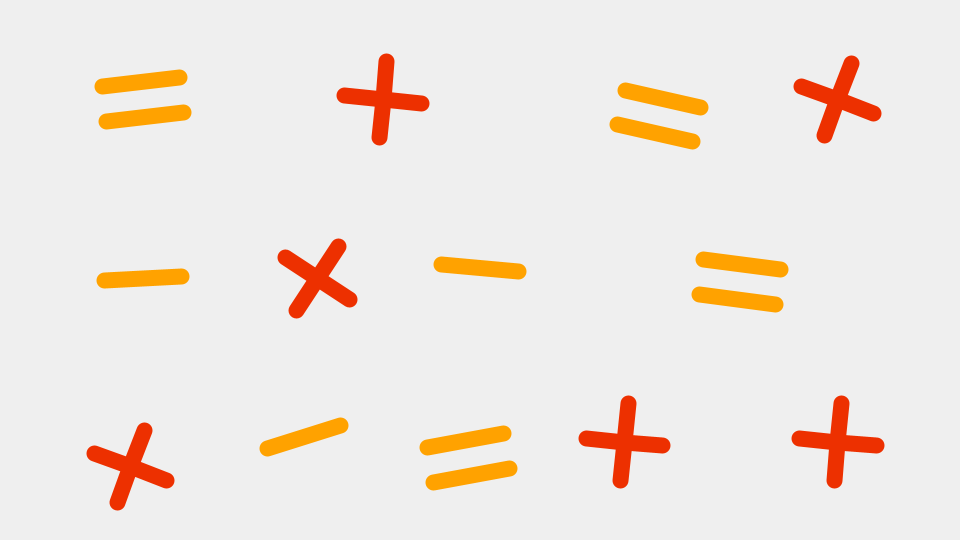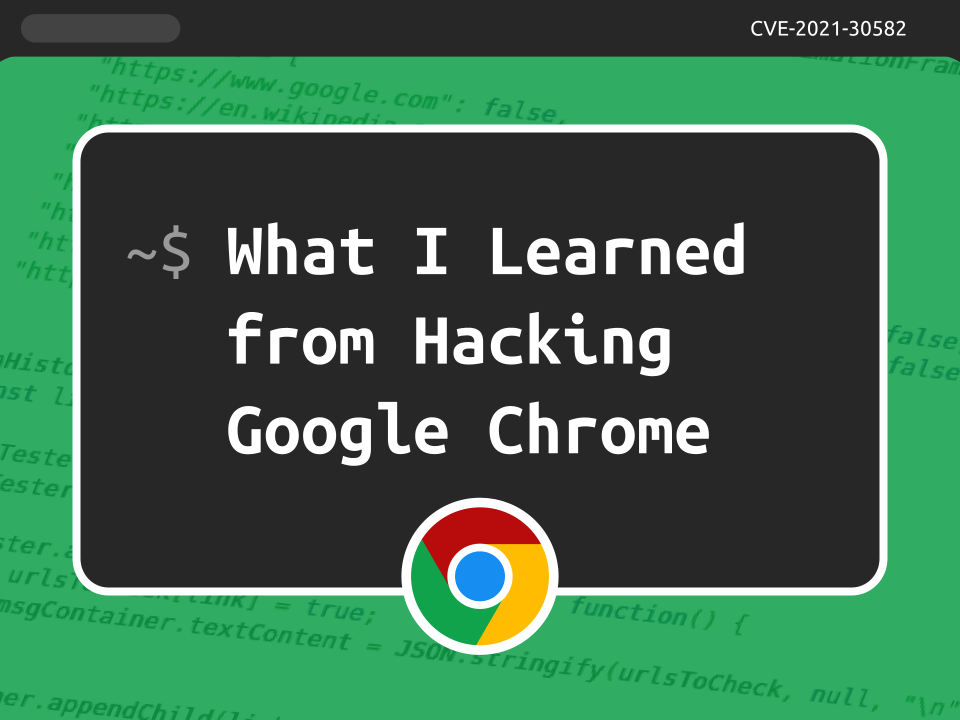
Related posts
Must-reads

A Javascript Developer's Guide to Contributing to Firefox
Note that while I’ve done my best to make sure the content here is correct, there may be slight inaccuracies. At time of publishing, there isn’t much documentation on the inner workings of modules in Firefox, but I’m planning on sending in a patch to the official Firefox docs.

What I learned winning 3rd place at StuyHacks IX: Misconceptions about Hackathons and Tips for Success
I’m often surprised by the grand expectations that younger coders believe is necessary for success at Hackathon events. Here, in no particular order, are some of the most common misconceptions and tips I’ve learned.

An Amazing Win at the NYC Student Disrupt Hackathon
Coming into the competition without a team, I was nervous about the people I’d meet and who I’d team up with. But, as I would later see, what matters most is not who’s on the team, but the attitude I carry.

Towards Efficient Multiplication
Recently, I was trying to figure out a way to create my own arbitrary precision floating point arithmetic library. For those of you unaware, floating point simply means numbers are represented in scientific notation and that allows computers to express really large or really small numbers and everything in between. However, one problem of floating point numbers is that they are normally represented with a limited amount of precision.

